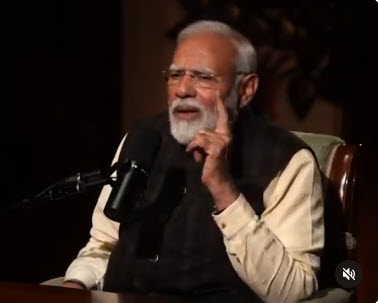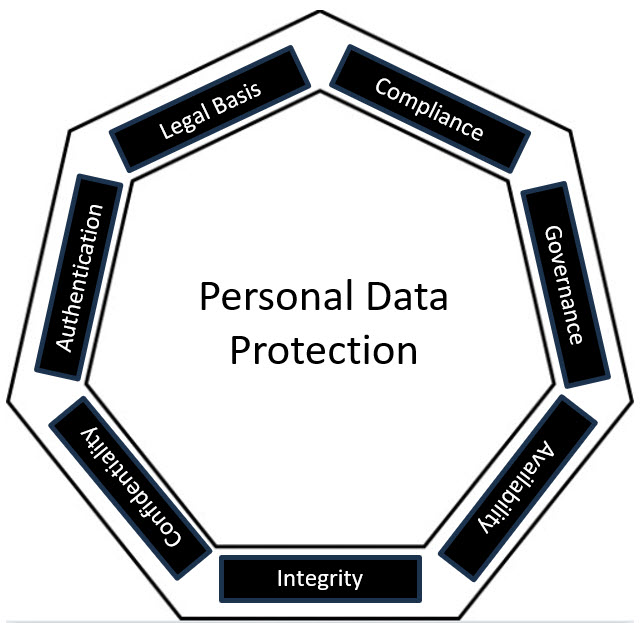
In what can be considered as a historical event where a global leader explained his philosophy of life with the world, Indian Prime Minister Mr Narendra Modi lived upto his acronym “Namo” and explained some of his thoughts which are relevant to the business also.
One of the gems of wisdom that Mr Modi stated is the difference between Information and Knowledge. He emphasized that Knowledge evolves through processing, reflection & Understanding and is not just a collection of facts.
https://www.threads.net/@kumardeepam/post/DHSlEPmMJ2a/media
I would like to relate this statement to the approach of FDPPI in its training programs such as C.DPO.DA. When Naavi focuses on preparing the professionals for the C.DPO.DA. Certification, he focusses on trying to convert the words in the DPDPA to practical implications. This is the biggest differentiation of FDPPI’s certification vs other certifications.
One of the next programs that FDPPI is conducting for C.DPO.DA. aspirants is coming up in April 2025 where over 3 hours each weekend, Naavi will explain his understanding of DPDPA in the context of its implementation in the corporate environment.
This program should be a trendsetter in the domain of DPDPA Training in India and I invite all the aspiring Lead Implementers of DPDPA compliance, aspiring auditors and aspiring trainers to be part of this event. Register today and not miss an opportunity to interact with this “Exploration of Knowledge”.









